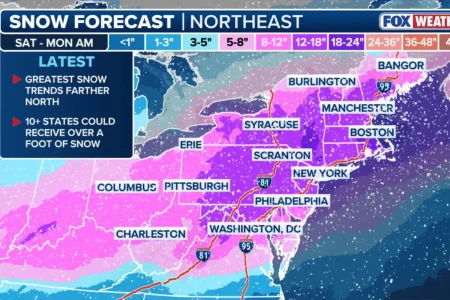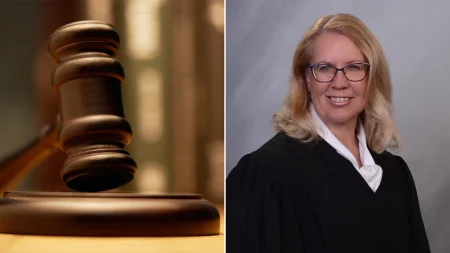Beyoncé’s Music Heist: The Untold Story
In a stunning turn of events that sounds like it could be a subplot from a Hollywood thriller, Beyoncé’s unreleased music and tour plans were stolen from an SUV in Atlanta, sending shockwaves through the music industry and leaving fans wondering what secrets might have been revealed. On July 8, just two days before Queen B was set to dazzle audiences at Atlanta’s Mercedes-Benz Stadium as part of her Cowboy Carter tour, the unthinkable happened in a parking garage on Krog Street. Choreographer Christopher Grant and dancer Diandre Blue returned to their rented Jeep Wagoneer to discover that someone had broken through the trunk window and made off with two suitcases containing not just personal belongings but also hard drives loaded with Beyoncé’s creative treasures. The theft happened in less than an hour, a quick smash-and-grab that would have major implications for one of the world’s biggest superstars.
The stolen items represent far more than just physical property—they’re the culmination of countless hours of creative work and careful planning. According to the Atlanta Police Department’s incident report, the hard drives contained watermarked music that had never been released to the public, footage plans for upcoming shows, and set lists for both past and future performances. In the music industry, where surprise releases and carefully guarded creative directions are currency, this theft represented a potential catastrophe for Beyoncé’s team. Beyond the music itself, the report indicated that “personal sensitive information” belonging to the singer was also taken, along with clothing valued at over $1,000, two laptops, and a pair of AirPods. It’s the kind of violation that feels personal, even to a global superstar who has built an empire on controlling her image and the narrative surrounding her art.
In a twist that feels almost poetic in its symmetry, it was technology itself that helped authorities track down a suspect. While the hard drives containing Beyoncé’s unreleased tracks remain missing, police were able to use Apple’s “Find My” feature to locate the stolen AirPods, leading them to Kelvin Evans, who was subsequently arrested and booked into Fulton County jail. Evans faces charges of entering a vehicle with intent to commit theft, along with a parole violation—suggesting this isn’t his first brush with the law. His mugshot, showing a smug grin despite the gravity of allegedly stealing from one of the world’s most powerful entertainers, circulated widely online, adding another layer of drama to an already sensational story. On July 14, just six days after the theft, the Atlanta Police Department issued an arrest warrant, though it remains unclear if Evans was the named suspect at that time.
What makes this case particularly fascinating is the juxtaposition between the high-tech world of contemporary music production and the old-fashioned crime of breaking into a car. In an era where most valuable data lives in the cloud, protected by encryption and multiple authentication factors, these hard drives represent a physical vulnerability that even someone as powerful as Beyoncé can’t completely protect against. The fact that the drives contained watermarked music—a security measure designed to trace leaks back to their source—shows the level of protection already in place for these unreleased tracks. It’s a stark reminder that in our digital age, physical security still matters enormously, especially when it comes to creative works that haven’t yet been backed up to secure servers.
For Beyoncé’s team, the theft created a nightmare scenario just as they were preparing for a four-show run in Atlanta. The Cowboy Carter tour represents not just a series of performances but a carefully orchestrated artistic statement, the culmination of countless hours of planning, rehearsal, and creative decision-making. Having those plans potentially compromised must have sent the entire production team into crisis mode, forcing them to consider what might happen if unreleased music suddenly appeared online or if detailed production plans fell into the wrong hands. It speaks to the professionalism of Beyoncé and her crew that the shows went on as planned, with no public indication of the behind-the-scenes drama unfolding in the wake of the theft.
The story continues to evolve, with authorities still searching for the missing hard drives containing what fans would consider the ultimate treasure trove of Beyoncé content. While Evans sits in jail, the music—described simply as “irreplaceable” in a nod to one of the singer’s hit songs—remains at large. This incident highlights the vulnerable intersection of physical and digital security in the modern entertainment industry. For artists like Beyoncé, whose careers are built on controlling when and how their art reaches the public, such breaches represent not just a potential financial loss but a violation of their creative process. As the investigation continues and Beyoncé’s tour moves forward, fans and industry insiders alike will be watching closely to see if the missing music surfaces—and what consequences might follow if it does. In the meantime, the phrase “They’re irreplaceable” takes on a whole new meaning when applied to hard drives containing the unreleased work of one of music’s reigning queens.











